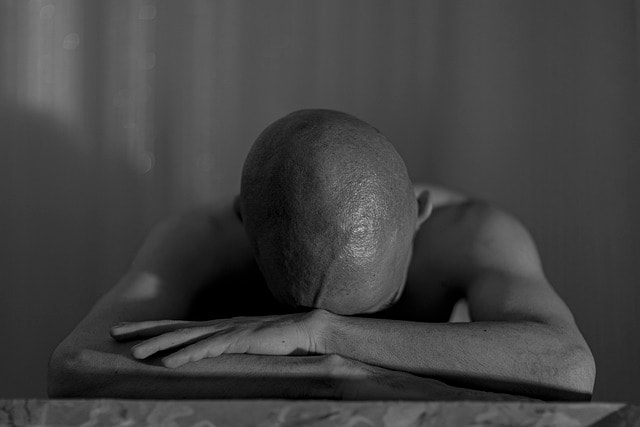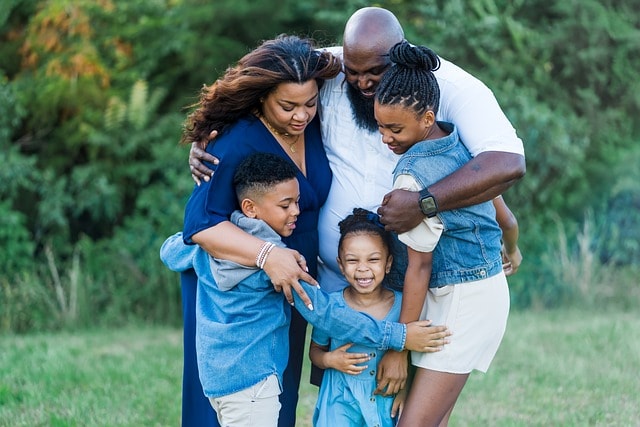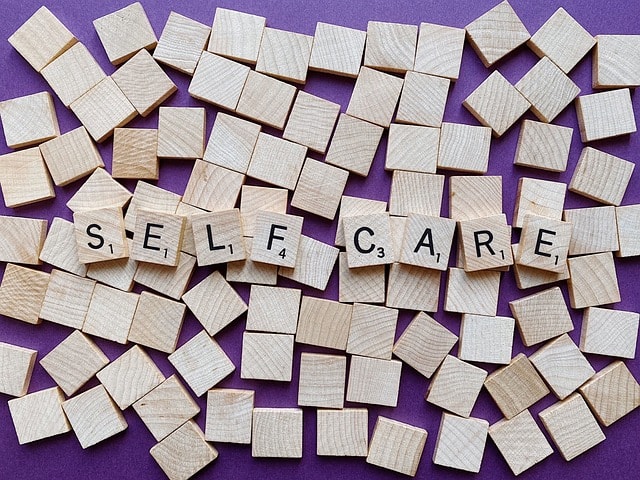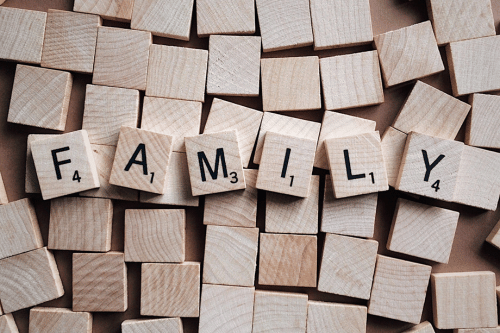Family Addiction Quotes: Finding Strength and Support in Recovery
Addiction impacts not just the individual but their entire family. The ripple effects of substance abuse often lead to emotional pain, strained relationships, and significant challenges for families trying to cope. In these moments, words of encouragement, such as family addiction quotes and drug addiction quotes, can inspire hope and strengthen bonds. This article delves into the importance of family in addiction recovery, offers uplifting quotes, and discusses actionable steps to support recovery.
Understanding Addiction
Addiction is a complex and multifaceted issue that affects not only the individual struggling with substance abuse but also their loved ones and community. It is a chronic disease characterized by compulsive seeking and use of substances despite negative consequences. Understanding the nature of addiction is crucial for families to provide effective support and foster a compassionate environment for recovery.

What is Addiction?
Addiction is a treatable disease that affects the brain’s reward system, leading to compulsive behavior. It can be caused by a combination of genetic, environmental, and psychological factors. Addiction can take many forms, including substance abuse, such as alcohol, drugs, and prescription medications, as well as behavioral addictions, such as gambling and internet addiction. Recognizing addiction as a disease rather than a moral failing helps in addressing it with the necessary empathy and medical intervention.
The Impact of Addiction on Families
Addiction can have a devastating impact on families, causing emotional pain, financial strain, and relationship problems. Family members may feel helpless, frustrated, and isolated as they try to cope with their loved one’s addiction. The ripple effects of addiction can lead to significant challenges, including trust issues, communication breakdowns, and emotional distress. It is essential for families to seek support and guidance to navigate the recovery process and rebuild their relationships. By understanding the profound impact of addiction, families can better prepare to support their loved ones and themselves through the recovery journey.
The Role of Family in Addiction Recovery
Addiction is often referred to as a “family disease” because the entire family suffers when one member struggles. Family members play a pivotal role in supporting recovery, offering a strong support network, and encouraging personal growth. Whether it’s assisting with treatment options or being a source of emotional stability, families dealing with addiction can be a cornerstone of the recovery journey.
Family members can often feel helpless when a loved one is caught in the throes of addiction. However, education and understanding the recovery process can empower them to take meaningful steps. Addiction doesn’t just impact the individual; it transforms the dynamics of relationships, often creating barriers that only active participation and healing can break down. It’s essential for families to recognize their role not as bystanders but as active participants in fostering recovery.

Addiction Quotes to Inspire Families
Inspirational quotes can provide solace and perspective to those navigating the complexities of addiction and recovery. Drug addiction recovery quotes can offer additional encouragement and reflection for individuals on their journey. Here are some powerful family addiction quotes:
“Addiction is a family disease. One person may use, but the whole family suffers.” – Anonymous
“Recovery is an acceptance that your life is in shambles and you have to change.” – Jamie Lee Curtis
“You can’t go back and change the beginning, but you can start where you are and change the ending.” – C.S. Lewis
“Behind every addict is a family suffering in silence.” – Anonymous
“Addiction is not about the substance, it’s about the disconnection.” – Johann Hari
These quotes emphasize the importance of addressing addiction not as a moral failing but as a journey toward a healthier life. They can also serve as positive affirmations for families seeking a way forward. By internalizing these words, families can find strength in their shared resilience and better navigate the challenges of recovery together.
How Families Can Support Addiction Recovery
Families play an integral role in overcoming addiction. Making drug addiction recovery successful often involves forming new habits that foster sobriety. Here are some actionable ways to help:
1. Understand Addiction and Recovery
Education is critical. Understanding addiction as a chronic disease helps remove stigma and equips families to better support their loved ones. Resources from the National Institute on Drug Abuse can provide valuable insights. Learning about the triggers, cycles, and effects of addiction equips family members with the tools they need to offer effective support.
2. Encourage Professional Help
Seeking professional help through treatment programs or a drug addiction recovery program is essential. Recovery programs provide a solid foundation for sustained recovery, addressing both physical and emotional pain. Professionals can guide individuals and families toward the most suitable treatment options, whether through inpatient care, outpatient programs, or therapy.
3. Build a Strong Support Network
A strong support network, including family members and friends, is vital for maintaining a recovery journey. Joining support groups, such as Al-Anon for families of addicts, can be transformative. These groups provide a safe space to share experiences and learn coping mechanisms, offering hope and solidarity.
4. Foster Open Communication
Healthy communication can help families address complex emotions and reduce the negative consequences of unresolved conflicts. Open dialogue fosters trust and understanding, crucial components of recovery. Families should practice active listening and refrain from judgment, creating an environment where their loved ones feel safe to share their struggles and progress.
5. Participate in Family Therapy
Family therapy is a valuable tool in rebuilding trust and resolving lingering issues caused by addiction. These sessions, guided by a professional therapist, encourage families to openly discuss their feelings, set boundaries, and learn healthier ways to interact with one another.
The Importance of Self-Care in Addiction Recovery
Self-care is a crucial aspect of addiction recovery, as it helps individuals manage stress, anxiety, and other emotions that can trigger relapse. By prioritizing self-care, individuals can improve their overall well-being, increase their resilience, and enhance their recovery journey. Engaging in self-care practices allows those in recovery to build a strong foundation for sustained sobriety and mental health.

Self-Care Strategies for Families
Families can also benefit from self-care strategies as they support their loved ones in recovery. Some effective self-care strategies for families include:
Seeking support from support groups: Joining groups like Al-Anon or Nar-Anon can provide a sense of community and shared understanding, offering emotional support and practical advice.
Practicing stress-reducing techniques: Techniques such as meditation, yoga, or deep-breathing exercises can help manage stress and promote relaxation.
Engaging in activities that promote relaxation and enjoyment: Hobbies, spending time in nature, or engaging in creative pursuits can provide a much-needed break and boost mental well-being.
Setting boundaries and prioritizing their own needs: It’s important for family members to establish healthy boundaries and ensure they are taking care of their own physical and emotional needs.
Seeking professional counseling or therapy: Professional support can help family members address their own emotional and psychological needs, providing tools to cope with the challenges of supporting a loved one in recovery.
By incorporating these self-care strategies, families can maintain their own health and well-being while providing the necessary support for their loved ones. This balanced approach ensures that both the individual in recovery and their family members can pursue a healthier, more fulfilling life.
Addiction Recovery Quotes to Inspire the Journey
Here are some additional quotes to encourage those in recovery and their families:
“The only person you are destined to become is the person you decide to be.” – Ralph Waldo Emerson
“Recovery is hard. Regret is harder.” – Brittany Burgunder
“Every day is a chance to change your life.” – Anonymous
“The first step toward getting somewhere is to decide you’re not going to stay where you are.” – J.P. Morgan
“Hardships often prepare ordinary people for an extraordinary destiny.” – C.S. Lewis
These addiction recovery quotes highlight the importance of perseverance and moving forward, no matter the challenges. They remind individuals and families alike that recovery is possible and every effort counts.
Treatment Options for Families and Individuals
Substance abuse requires comprehensive treatment options. Family members should explore:
Residential Treatment Programs: Ideal for those needing a structured environment with around-the-clock care.
Outpatient Programs: Flexible for those balancing other responsibilities while undergoing treatment.
Family Therapy: Addresses the impact of addiction on family dynamics and builds healthier relationships.
Mental Health Support: Many individuals struggling with addiction also face mental health challenges. Integrated care can improve outcomes by treating co-occurring disorders.
Holistic Approaches: Incorporating activities like yoga, mindfulness, and art therapy can provide alternative coping mechanisms.
Peer Support Groups: Groups like Narcotics Anonymous or Alcoholics Anonymous offer accountability and encouragement during recovery.
The Healing Process for Families
Families navigating the recovery process often experience their own emotional pain and self-destructive habits, especially when dealing with the complexities of loving a drug addict. Recovery is an opportunity for personal agency and growth. By fostering a healthier life for everyone involved, families can move forward with hope and resilience. The healing process involves letting go of guilt, addressing unresolved conflicts, and learning to forgive—both the addicted individual and themselves.
Recovery is not a linear path. There will be setbacks, but families must remember that progress is a journey, not a destination. Families who actively participate in their loved one’s recovery often discover that their relationships grow stronger and more resilient, providing a solid foundation for a healthier future.
Conclusion
Family addiction quotes and actions serve as reminders of hope, perseverance, and the strength found in unity. While addiction may challenge the very fabric of a family, recovery offers the chance for a brand-new ending. By supporting recovery and seeking professional help, families can navigate the complexities of addiction and emerge stronger together.
Families who embrace open communication, educate themselves on addiction, and remain steadfast in their support can create a path forward filled with healing and growth. Together, they can transform the pain of addiction into a story of resilience, connection, and hope through the ability to pursue drug addiction recovery or alcohol addiction recovery.










